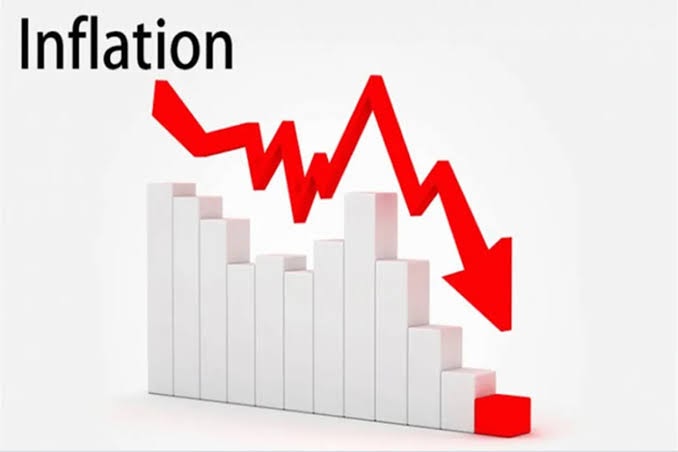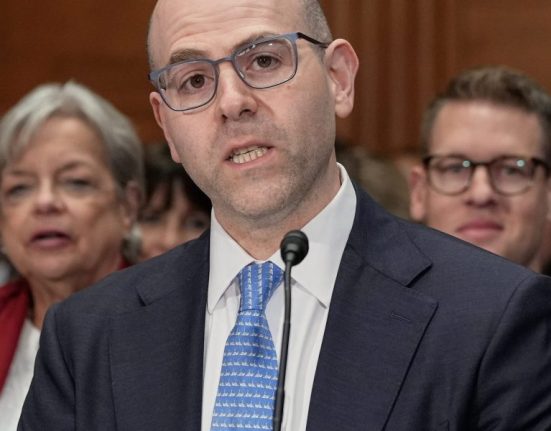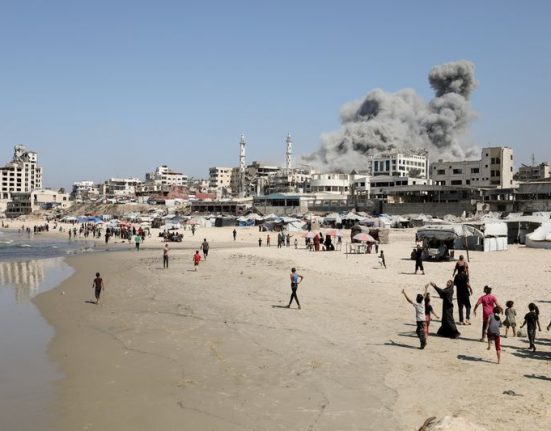
The National Bureau of Statistics (NBS) says Nigeria’s
inflation rate declined to 20.12 percent in August — down from 21.88 percent in
July.
The NBS announced the reduction in its consumer price index
(CPI) report released on Monday.
According to the bureau, the August 2025 headline inflation
rate showed a decrease of 1.76 percent compared to the July 2025 headline
inflation rate.
“On a year-on-year basis, the Headline inflation rate was
12.03% lower than the rate recorded in August 2024 (32.15%),” NBS said.
“This shows that the Headline inflation rate (year-on-year
basis) decreased in August 2025 compared to the same month in the preceding
year.
“On a month-on-month basis, the Headline inflation rate in
August 2025 was 0.74%, which was 1.25% lower than the rate recorded in July
2025 (1.99%).
“This means that in August 2025, the rate of increase in the
average price level was lower than the rate of increase in the average price
level in July 2025.”
FOOD INFLATION RATE DROPS TO 21.87%
The statistics agency said the food inflation rate in August
was 21.87 percent — down from 22.74 percent in July.
NBS said this was 15.65 percent lower compared to the 37.52
percent rate recorded in August 2024.
“The significant decline in the annual food inflation figure
is technically due to the change in the base year,” the bureau said.
“On a month-on-month basis, the Food inflation rate in
August 2025 was 1.65%, down by 1.47% compared to July 2025 (3.12%).
“The decrease can be attributed to the rate of decline in
the average prices of Rice (Imported), Rice (local), Guinea corn flour, Maize
flour sold loose, Guinea Corn (Sorghum), Millet, Semolina, Soya milk etc.”
NBS further said the average annual rate of food inflation
for the 12 months ending August 2025 was 25.75 percent, which was 11.24 points
lower compared with the 36.99% average annual rate of change recorded in August
2024.
The report said that in August 2025, food inflation on a
year-on-year basis was highest in Ekiti (28.17 percent), Kano (27.27 percent),
and Oyo (26.58 percent), while Zamfara (11.82 percent), Adamawa (14.18%), and
Enugu (14.20 percent) recorded the slowest rise.
On a month-on-month basis, however, NBS said the food
inflation rate was highest in Yobe (9.20 percent), Katsina (8.59 percent), and
Sokoto (6.57 percent)
The bureau added that Enugu (-5.32 percent), Taraba (-3.64
percent) and Nasarawa (-3.58 percent), recorded a decline in food inflation.
Click to signup for FREE news updates, latest information and hottest gists everyday
Advertise on NigerianEye.com to reach thousands of our daily users









Leave feedback about this